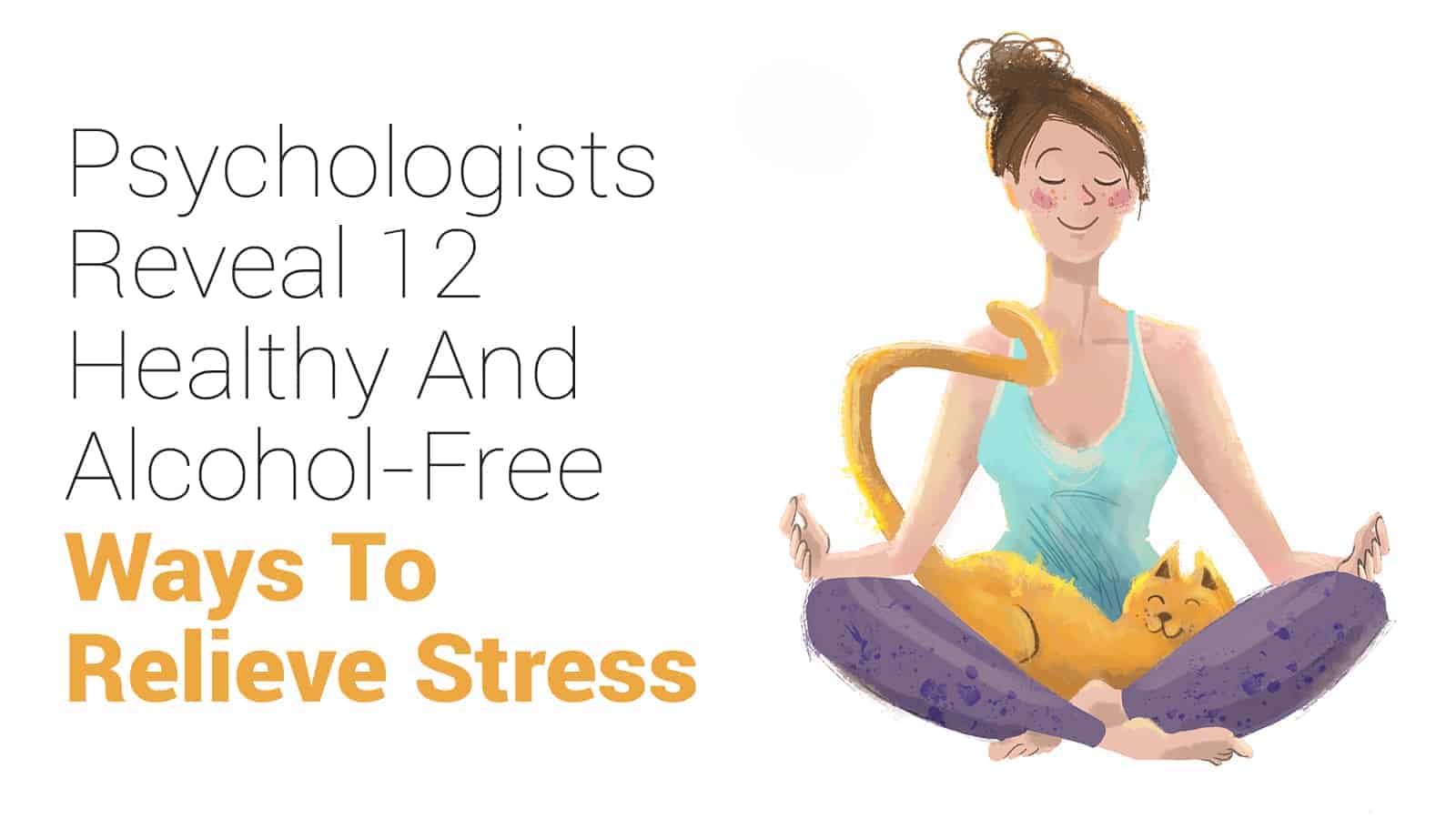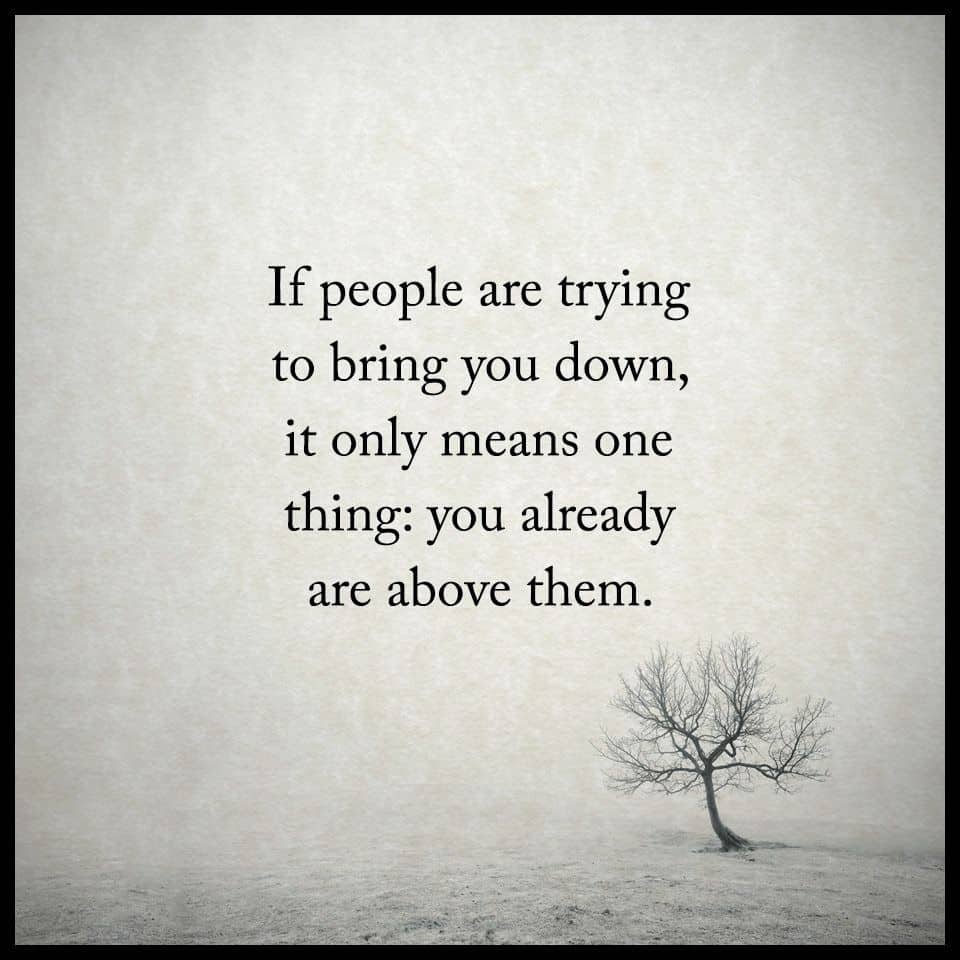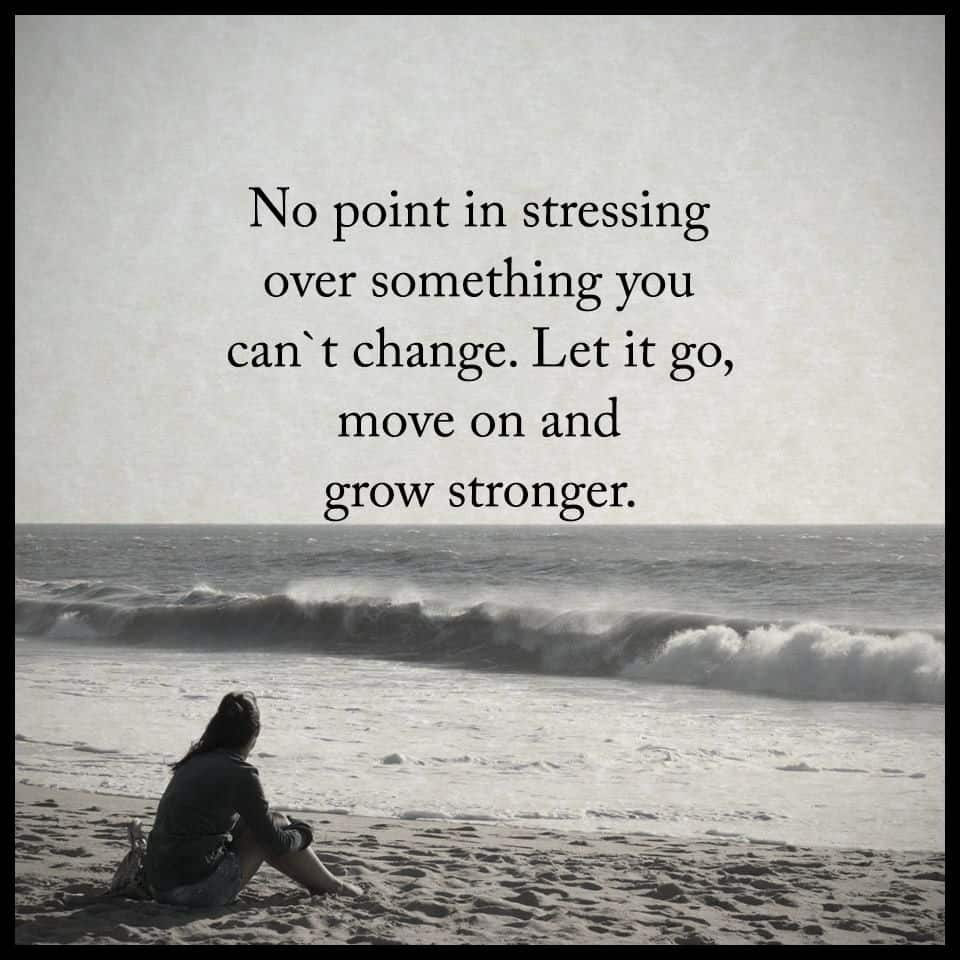Stress is abundant in everyday life. It cannot be easy to deal with and control, especially in healthy manners. A lot of normal coping mechanisms that relieve stress might not be the best for your body and mind overall. Eating junk food, drinking alcohol, smoking, gambling, or even becoming a couch potato are common but not-great methods of stress management.
But if you can’t use these easy go-to’s, what can you do to balance and reduce stress levels? What methods can be used to help with those feelings in a way that is truly positive and beneficial for you? Here’s how studies let psychologists reveal 12 healthy and alcohol-free ways to relieve stress.
1. Progressive Muscle Relaxation
Progressive muscle relaxation is a set of exercises that involves the full relaxation of the entire body, one group of muscles at a time. It’s a positive way to help your body calm down and relax, and some even find that it helps them sleep. It’s a fairly simple practice that involves the following process:
- Start by taking several deep breaths.
- Beginning at your forehead, tighten a muscle group by focusing on them, then relax it.
- Continue this act of tightening and relaxing all the way down to your toes.
- If you’ve done it right, you’ll feel physically relaxed by the end.
Before long, practicing this form of relaxation, time and time again will lead to a long-term ability to notice tightness and muscle tension. You’ll begin having an easier time pinpointing muscle groups and relaxing them, too, so your self-awareness is wonderfully improved.
2. Guided Imagery
Guided imagery is the act of harnessing the power of your mind to “travel” to a more peaceful destination. It’s like sending yourself on a brain vacation! You choose a positive location – basically your “happy place” – and transport yourself there with your imagination.
Most people would find it easier to practice guided imagery by following a recording or instructions. Once you get used to the process, though, you may find it easier to do on your own. Here’s a general idea of how to perform guided imagery:
- Begin by closing your eyes.
- While breathing deeply, envision your “happy place” – it can be any peaceful location that you love!
- Start trying to engage your senses in the imagination. What do you feel? See? Hear? Smell?
- After a few minutes, bring yourself back to reality by opening your eyes. You should feel calmer.
3. Chew Some Gum
Need quick and easy relief from stress? Chewing gum might be the answer. Those who chew gum regularly have been found to have lower stress levels and a more positive sense of well-being overall.
It’s theorized that this happens because the act of chewing gum triggers the brain waves that are similarly used when you are relaxed. It might also be because the act of chewing helps blood circulation in the brain.
Is your stick of gum not working enough for you? Try chewing harder! Studies suggest that strong chewing can intensify the stress relieving properties of the food.
4. Get A Hug
Receiving a hug doesn’t take long and can work wonders for reducing stress levels. This is especially true when this physical interaction is done with a loved one. This is because hugging releases a positive hormone called oxytocin, also called the cuddle hormone.
Oxytocin is a feel-good neuroreceptor that can help promote positive thinking and feelings of relaxation by reducing blood pressure and bringing down norepinephrine production, the stress hormone. The fact that hugging also promotes bonding and generally happy feelings is a bonus!
5. Laugh to Relieve Stress
When you laugh, you set off a series of chemical responses in the body. It’s been known to provide stress relief in even the most serious circumstances, according to research. It effectively helps with:
- Calming the stress response down
- Relaxing the muscles, allowing for tension relief
- Mood-boosting
- Improving the immune system
Even faking a laugh works, as the human brain can’t tell the difference between pretend laughter and genuine laughter – it releases good hormones and has all its benefits either way! But if you really need help getting that laugh going, you can:
- Watch a funny show or funny videos
- Hang out with people who make your laugh
- Read something humorous
6. Use Good Breathing Techniques
The way you breathe can determine how your body handles stress. Focusing on the way you inhale and exhale can sometimes be enough to change the way your brain is handling current circumstances, effectively calming you down – or so say studies!
Breathing exercises can have positive benefits for you without them being obvious. You can discreetly perform them just about anywhere and reap their rewards. Here’s how to do one simple exercise:
- Start by inhaling through your nose, deeply, counting to three as you do.
- Envision yourself inhaling positivity, or tranquility, or another similar emotion or experience.
- Watch as your stomach pushes outwards as it fills, then pause and hold the breath for one second.
- Exhale deeply, counting to three once more, through your nose once more.
- Envision yourself exhaling negativity, stress, and similar emotions and experiences.
Not good enough for you? Well, there are plenty more breathing exercises available to try. With a little searching, you’ll find some on the internet!
7. Listen To Relaxing Music
Have you ever noticed that listening to music helps you to feel better, even in small ways? There’s some scientific backup to that! Some kinds of music can reduce stress hormone production while lowering heart rate and blood pressure. In research, these kinds of music were found to have the most positive results:
- Indian
- Celtic
- Native American
- Classical
- Music that you thoroughly love
Generally, slow music tends to have better results, but if there’s music that you personally love, you’re likely to get a nice boost out of it regardless, so go nuts! If music isn’t your type of thing, you can also listen to nature’s sounds to gain similar effects.
8. Do Some Yoga
It’s a little cliche to think of yoga as a method for stress relief, but the reason it’s so commonly referred to as such is because that’s exactly what it is. There are many different kinds of yoga, but they’re all capable of helping the mind and body to relax. This is achieved through the act of increasing your awareness of your breathing and physical body overall.
Research has indicated that yoga is capable of significantly enhancing mood. In some cases, studies have even found that it might have the same effect as antidepressant medication for those who experience anxiety or depression! While more research is still needed, there are some hypotheses about why yoga works well for stress. Here are some of those reasons!
- May help lower cortisol levels, which is the key stress hormone that triggers fight-or-flight responses.
- Can help increase the neurotransmitter production known as gamma-aminobutyric acid, which is often found lacking in those with a mood disorder.s
- Can aid in heart rate and blood pressure management, lowering levels to more healthy conditions.
9. Go For A Walk
Exercising is a great way to relieve stress quickly. You don’t need to have a long, complicated workout routine to make it happen, either! A simple walk for a few minutes can help rejuvenate you right away. In fact, walking is extremely effective for stress relief, according to research! This is because walking:
- Takes you away from the immediate environment that could be causing your stress
- Provides the benefits of exercise without the intensity of the excursion
- Brings you into a new environment that changes your scenery, allowing your frame of mind the change
10. Use Aromatherapy
Aromatherapy is the act of using scents or smells to help promote positive results, such as relaxation, added energy, or better groundedness. Studies have actually found that some scents may be capable of reducing stress hormone production by changing the activity of brain waves in the body!
You can gain aromatherapy from various methods, including body products, essential oil diffusers, and candles. If you plan to do so, here are some scents known for their calming effects:
- Neroli
- Lavender
- Ylang ylang
- Bergamot
- Geranium
- Rose
- Sandalwood
- Roman chamomile
- Vetiver
- Orange
- Orange blossom
- Frankincense
- Bergamot
11. Play With A Pet
Pets are amazing, and no one can deny that they make you feel good simply by existing in your life. Better yet, though, science has proven that they’re good for your positive thinking and can help reduce stress! Remember the cuddle hormone oxytocin? Interacting with your pets produces that in spades!
Having a pet is also having a companion, which helps keep you active, gives you feelings of purpose, and helps you feel less lonely. Combined, all of these factors can aid in stress and anxiety reduction.
12. Make Art
Many people slowly start becoming less and less creative as time goes on for them and grow up. Make sure you don’t make that mistake! Not only is art good for keeping your brain sharp and creative, but it’s also a good way to relieve stress.
One of the key ways to do this is by coloring, which you may have noticed has become increasingly popular among adults in recent years. It’s known for having positive effects on relaxation and busting stress, especially among those who lead hectic lives.
Any form of art can also have similar effects, especially if you’re using it to better express what you feel. This can include:
- Writing poetry
- Making music
- Painting
- Graphic design
- Keeping a journal
- Making collages
Final Thoughts On Some Healthy And Alcohol-Free Ways To Relieve Stress
Stress relief shouldn’t be destructive. Many available methods provide relief and aid for highly stressful emotions, experiences, and situations. By using any one of these science-backed, psychologist-researched methods for stress relief, you’ll be opting for healthier and more positive ways to improve your overall mood.
Struggling with chronic, non-stop stress? Don’t be afraid to reach out to a professional in the field of mental health for help. There’s no shame in seeking additional aid for managing stress, and everyone needs a little help now and then!

















 Community
Community

